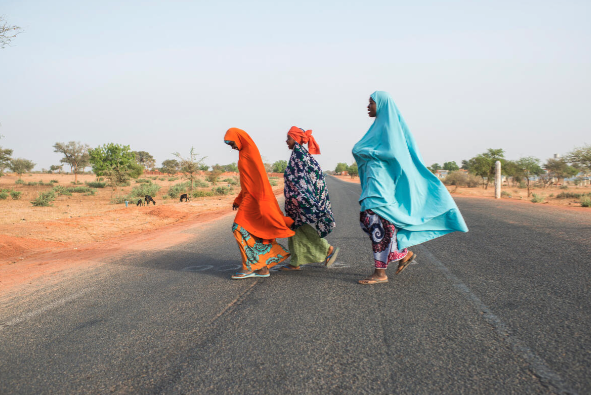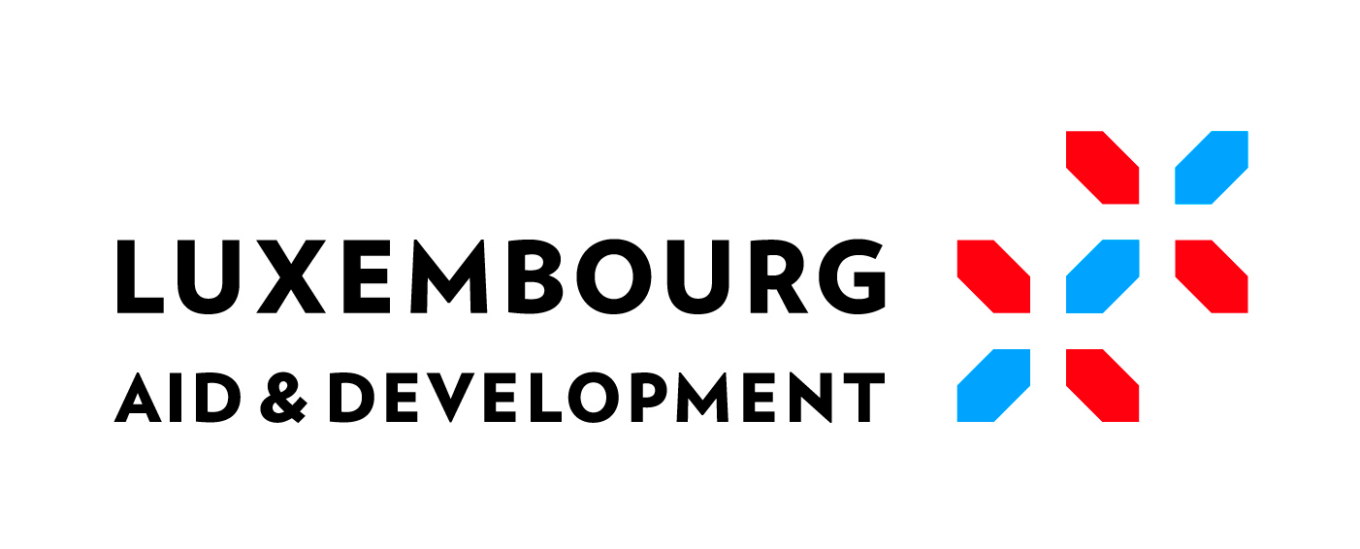
In an era marked by increasing global displacement, the United Nations High Commissioner for Refugees’ Evaluation office (UNHCR) has undertaken an evaluation of its engagement in humanitarian-development cooperation. Building upon the findings of the original evaluation conducted between 2018 and 2021, this report extends the analysis into 2022, shedding light on UNHCR’s progress, challenges faced, and the remaining issues UNHCR need to address.
UNHCR’s Commitment and Progress
Despite navigating a complex landscape of competing priorities and financial pressures resulting from reduced funds made available to UNHCR, the organization remains steadfast in its commitment to humanitarian-development cooperation. The organization’s dedication is evident in its recent Strategic Directions for 2022-2026 and strengthened partnerships with various development actors. Notable strides have been made in technical capacities and tools, such as the implementation of the results-based management system COMPASS, multi-year planning, and increased staff dedicated to development cooperation.
Addressing Contentious Issues
While commendable progress has been achieved in technical aspects, the report highlights key contentious issues that demand attention. A lack of consensus on crucial concepts like inclusion and the varying commitment levels to humanitarian-development cooperation at the country level present significant hurdles. Furthermore, challenges related to absorbing multi-year financial contributions and constraints on data sharing with development partners remain unresolved.
Moreover, while UNHCR has further developed its formal tools for delivering protection analyses to development actors, not much progress has been visible at country level in addressing the limitations in its ability to provide less formal and more applied advice on how to address protection concerns in development programme planning.
UNHCR must navigate these issues carefully, fostering consensus on definitions and ensuring consistent commitment across its operations. Addressing financial and data-sharing constraints will be pivotal in enhancing the effectiveness of humanitarian-development cooperation.
Lessons from Inclusion in National Service Systems
The report delves into experiences in Kenya and Mauritania, exploring efforts to include refugees in national service systems across various sectors. Key takeaways from the report are:
- The importance of involving the people we serve, from the beginning, in planning for the transition to national service systems – in order to be transparent about, and potentially address concerns displaced people may have about losing access to humanitarian assistance and services.
- Including displaced people in national data systems is often the first step for including them in public service systems. The current lack of guidance in UNHCR on how to address concerns about data security can hamper this process.
- Mobilizing sufficient and sustainable financing for the inclusion of refugees in national service systems often remains a challenge, as expectations of governments, humanitarian and development actors on who should cover the recurring costs of such inclusion diverge.
- Promoting the inclusion of displaced people in national service systems requires a good understanding of these systems, their set-up and functioning, including of access constraints for displaced people and the fiscal constraints of the authorities who run and maintain service provision.
Positive Effects of Refugee Inclusion
Rigorous quantitative analyses of UNHCR datasets reveal overwhelmingly positive effects of humanitarian-development cooperation on refugees. In Jordan, enabling Syrian refugees to obtain work permits positively impacted income, expenditures, and protection situations. Similarly, in Kenya, access to services and resident status emerged as key drivers of refugee self-reliance. However, concerns about potential decreases in service quality post-inclusion persist, necessitating a coherent approach from UNHCR.
Urgent Actions for the Future
As UNHCR enters the fifth year post-Global Compact on Refugees adoption, addressing outstanding issues becomes imperative. The report underscores the urgency of defining when to mobilize financial resources from development actors, reconsidering the treatment of multi-year contributions, and removing obstacles hindering staff focus on refugee inclusion. Clarity on trade-offs between inclusion and service standards is crucial.
In navigating the complex landscape of humanitarian-development cooperation, UNHCR has demonstrated commendable commitment and progress. As the organization continues its mission to support refugees globally, addressing challenges head-on will be crucial for building a more inclusive and self-reliant future for displaced populations.
UNHCR gratefully acknowledges the support of the Government of Luxembourg in accompanying and funding this important and transformative evaluation.

Other resources:
Evaluating UNHCR’s Engagement with Development Partners (short video, 2022)
Visual story board (2022)
Think Piece (2019)
Discussion Papers (2020)
Evaluation Report (2021)
+1 Year follow-up report (2023)
Reach out to us at [email protected]
